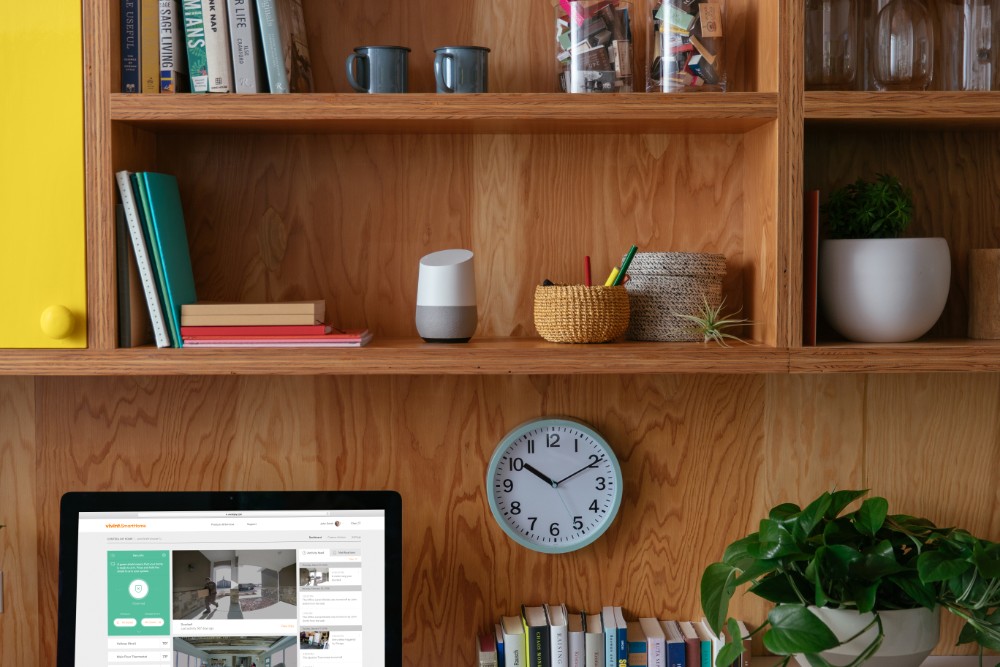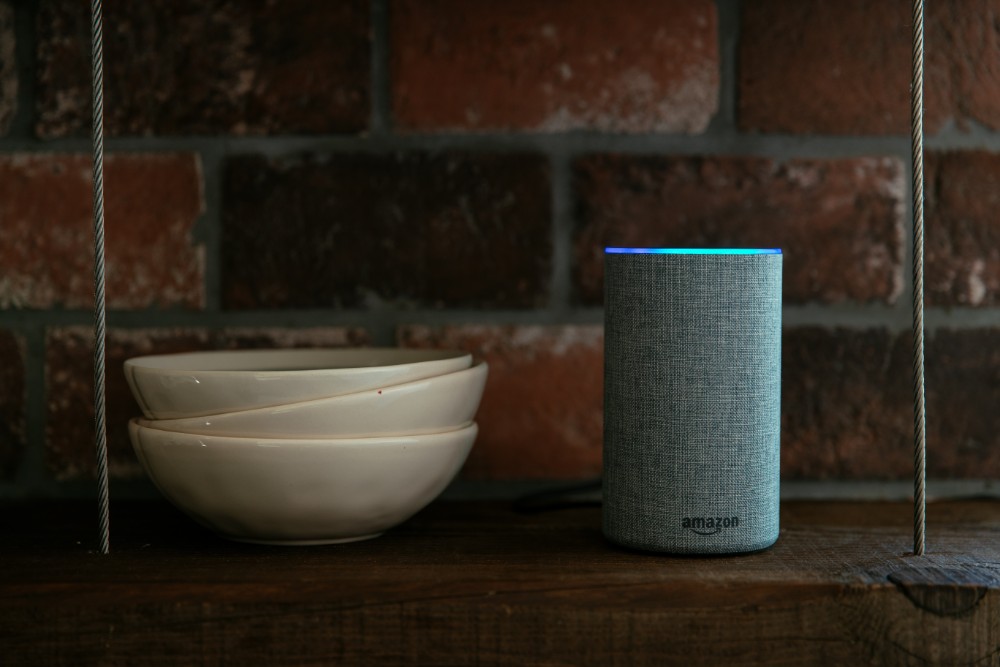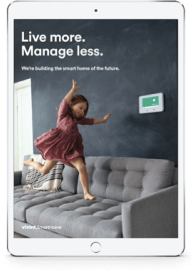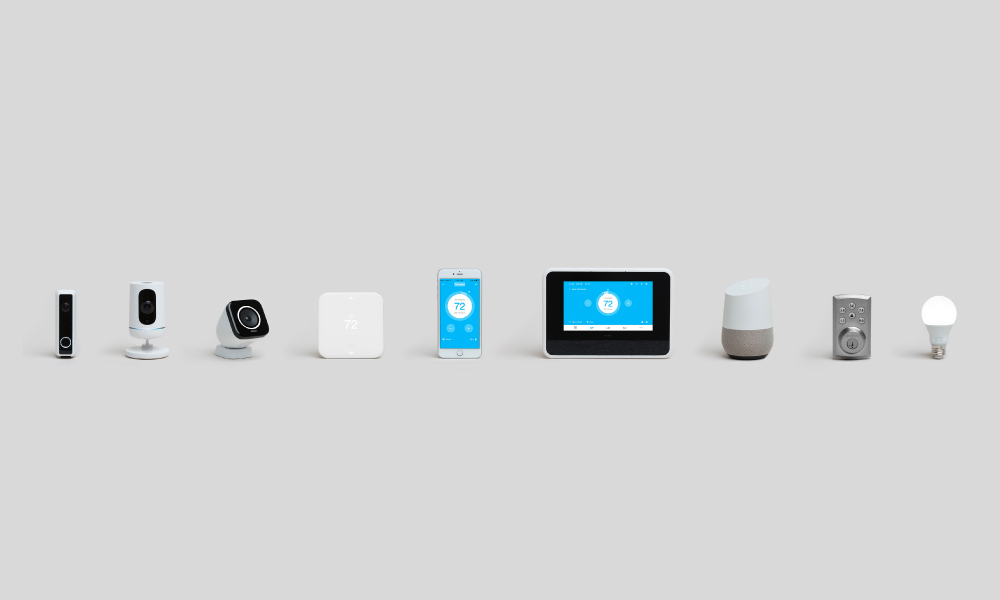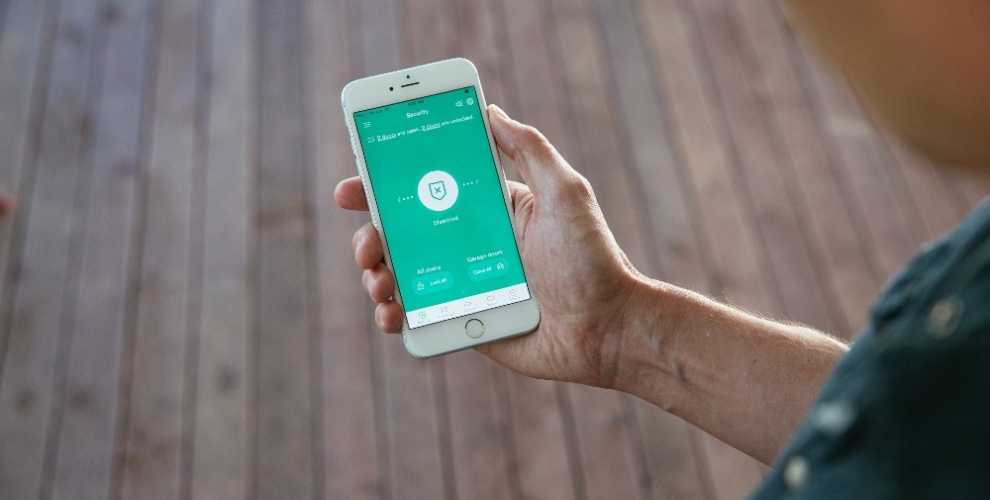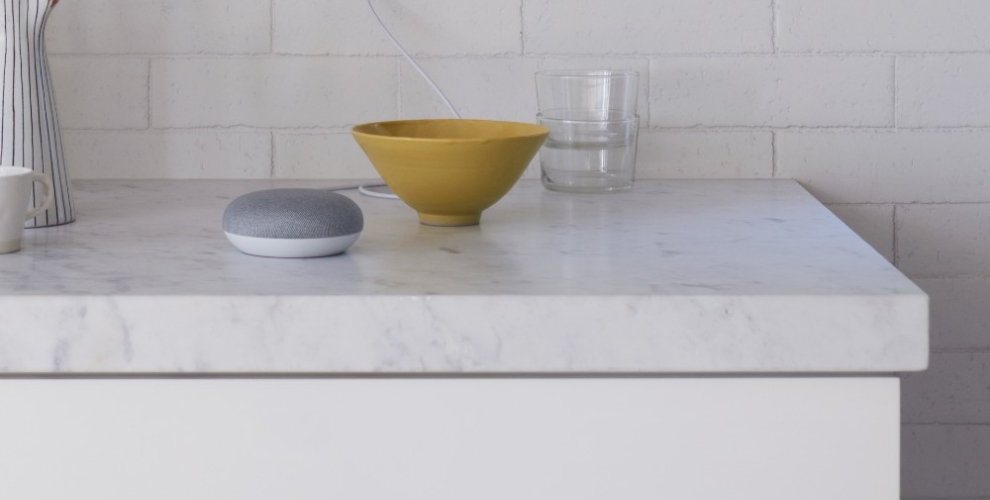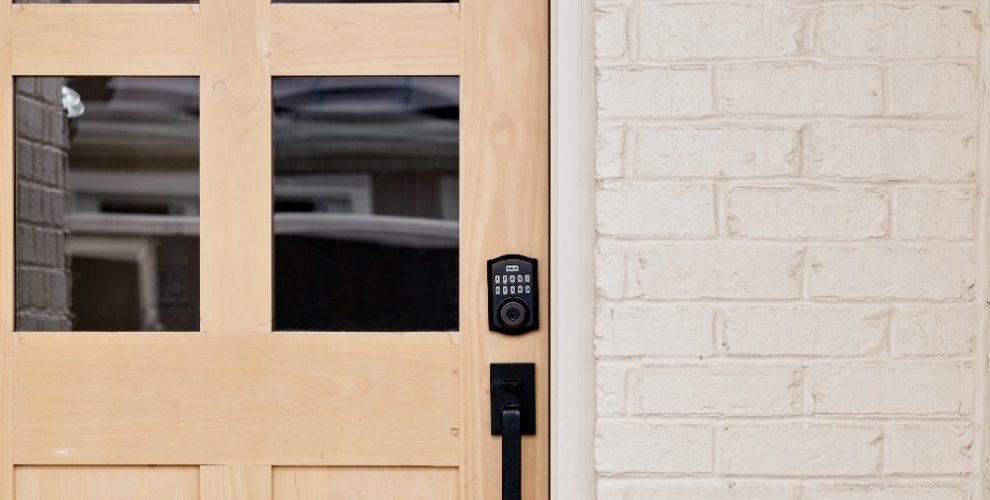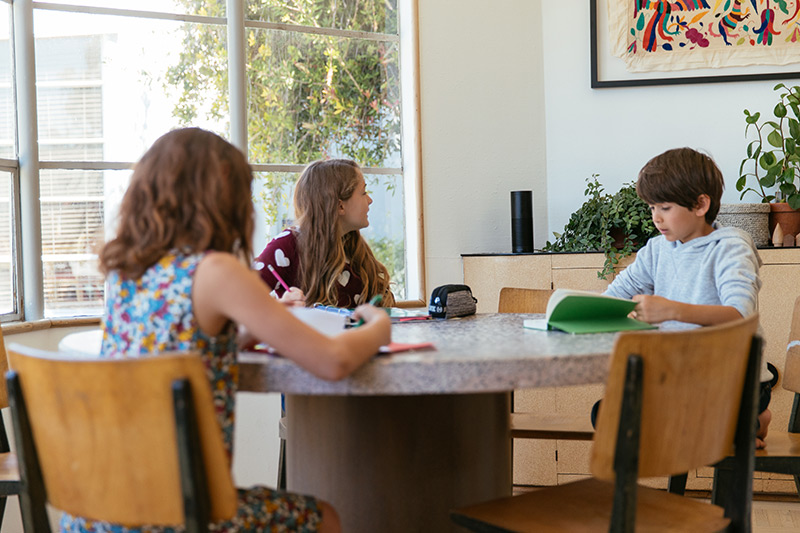
More than 25 percent of households in the U.S. now have a smart speaker, and that number is only expected to grow.
If you have an Amazon Echo or Google Home, you know how convenient it can be to ask Alexa what the weather forecast is or tell Google Assistant to turn down the thermostat.
But it's not just adults who are taking advantage of smart speakers. Kids everywhere are using these voice-activated devices to help them with their homework.
Benefits of using a digital assistant for homework help
The days of flipping through encyclopedias to do your homework are over. Today's digital natives have not only grown up surrounded by technology, but using it too. That includes getting a little help now and then from a virtual assistant.
If you have a smart speaker, you may be on the fence about letting kids use it for homework. Some parents worry it's cheating. Others worry that it won't allow their children to learn valuable problem-solving skills.
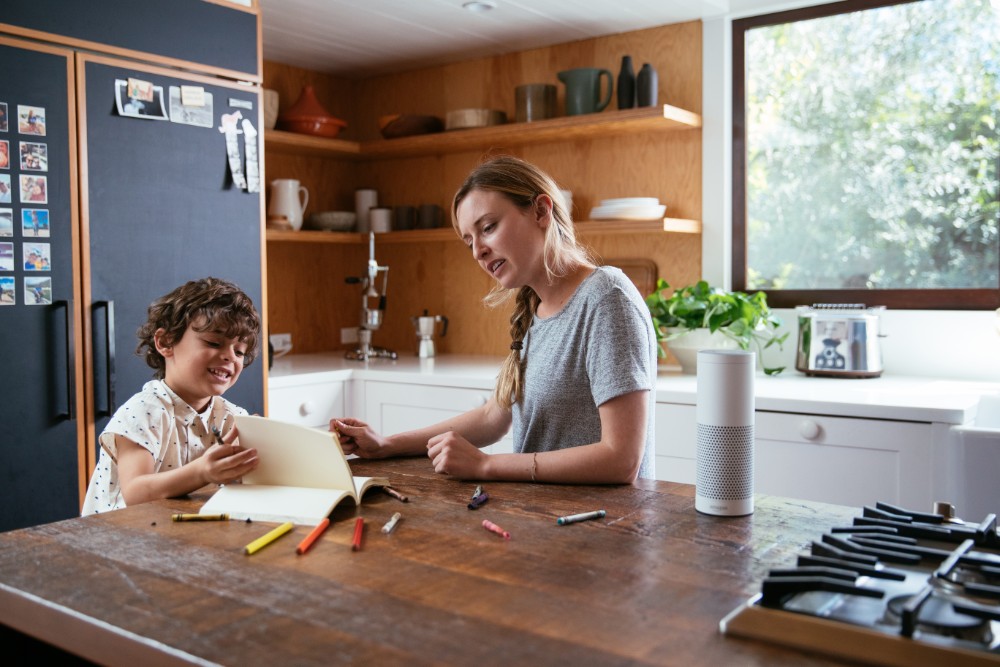
It's true that going straight to Alexa or Google for every answer isn't doing your kids any favors when it comes to learning. It's the same as asking their classmates if they can copy their homework.
Homework is designed to help kids practice the concepts learned in class. When kids rely on a smart speaker for all the answers, it can keep them from grasping the concepts or fully understanding how to work a problem.
But kids who turn to their parents' smart assistants for homework help may actually benefit from them—as long as it's done appropriately.
Some of the benefits of using a digital assistant for homework help include:
- Staying on task. Do your kids have a hard time staying focused? The timer function can be helpful for kids who are restless. Or, the white noise function can help drown out any background noise.
- Checking answers. Kids can use their smart speaker to check their answers. Hearing they solved a problem correctly or came to the right answer can be encouraging.
- Learning how to communicate. Asking a smart speaker for an answer isn't always as simple as saying, "What's 3 + 1?" Kids can learn how to articulate their question clearly so your smart assistant can understand.
- Getting information. It's not a bad thing to turn to a smart speaker for information, either. It's really no different than Googling a question. It can also be very helpful for children with disabilities or mobility issues.
